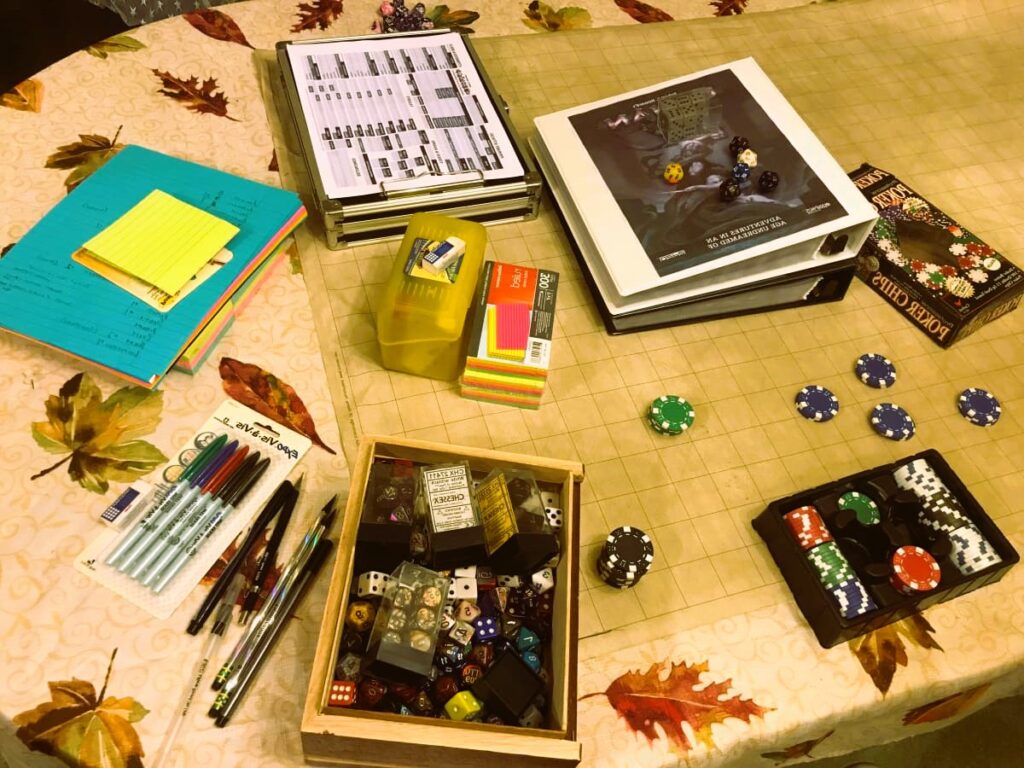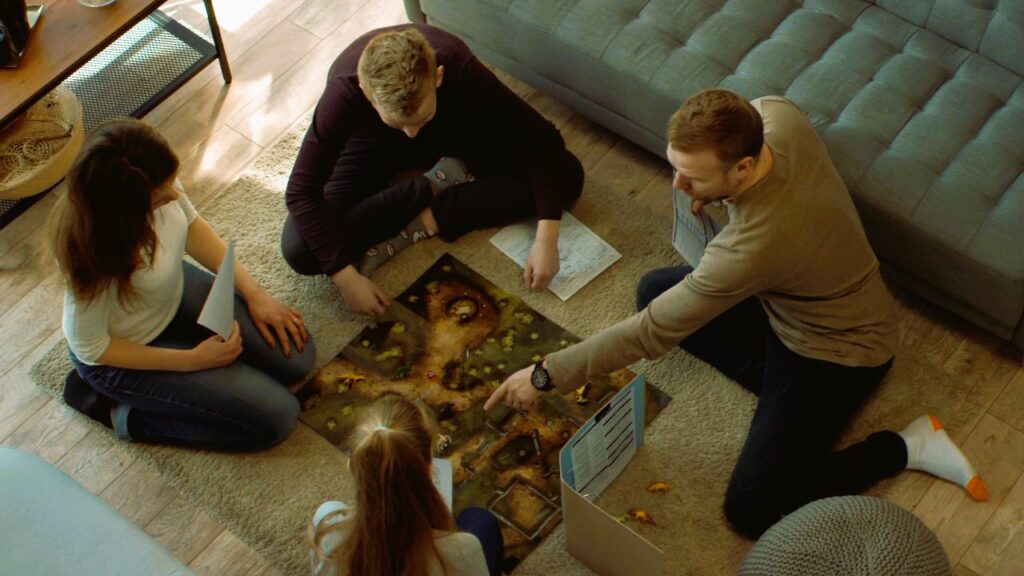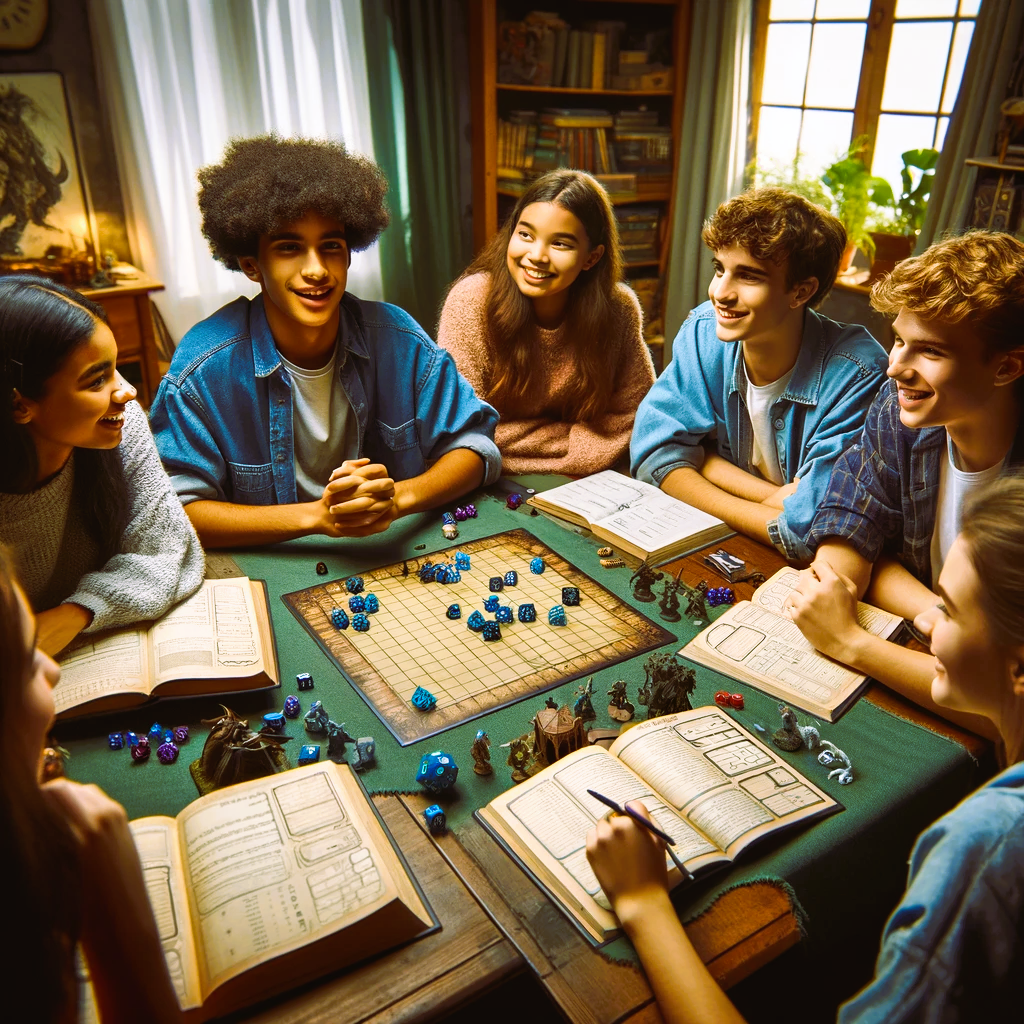How RPG Games Foster Creativity and Team Collaboration
Role-playing games (RPGs) are more than just entertainment—they are powerful tools that foster creativity, teamwork, and collaborative problem-solving. Whether played on tabletops or in virtual worlds, RPGs encourage participants to immerse themselves in imaginative scenarios, assume unique roles, and work together towards common goals. This article explores how RPG games stimulate creativity and cultivate team collaboration, examining their impact on individuals and groups in various gaming contexts.
1. Role-Playing Dynamics
Role-playing: At the heart of RPGs lies the concept of role-playing, where players assume fictional characters with distinct personalities, abilities, and motivations. This process encourages participants to think outside the box, develop intricate backstories, and explore diverse perspectives within the game’s narrative framework.
Creativity: RPGs provide a creative outlet for players to experiment with character development, storytelling, and problem-solving. By crafting compelling narratives and making decisions that shape the game world, participants enhance their imaginative skills and unleash their creativity in a structured and supportive environment.
Example: Dungeons & Dragons (D&D), a classic tabletop RPG, prompts players to create intricate personas—be they valiant warriors, cunning rogues, or wise wizards—each contributing uniquely to the group’s dynamics and narrative progression.
2. Collaborative Gameplay

Teamwork: RPGs emphasize teamwork and collaboration as players unite to overcome challenges, solve puzzles, and achieve objectives within the game. By pooling their characters’ strengths and abilities, participants learn to communicate effectively, delegate tasks, and strategize collectively to achieve shared goals.
Problem-Solving: RPG scenarios often present complex dilemmas and obstacles that require creative solutions and critical thinking. Players must analyze situations, consider various perspectives, and brainstorm strategies to navigate challenges and advance the storyline. The best online platforms for playing tabletop role-playing games, read the review and comparison article.
Example: Mass Effect series by BioWare incorporates collaborative decision-making and tactical combat, where players command a team of diverse characters to tackle galactic threats and moral quandaries, fostering teamwork and mutual reliance.
3. Imagination and World-Building
Immersive Environments: RPGs transport players to immersive worlds filled with rich lore, vibrant landscapes, and intricate cultures. Through exploration and interaction with non-player characters (NPCs), participants contribute to world-building, shaping the game’s narrative depth and authenticity.
Creative Expression: Players engage in imaginative activities such as designing custom characters, crafting story arcs, and inventing in-game lore. This process encourages creative expression and allows individuals to showcase their storytelling prowess within collaborative storytelling frameworks.
Example: The Elder Scrolls V: Skyrim by Bethesda Game Studios invites players to explore the expansive region of Tamriel, encounter diverse cultures, and undertake quests that impact the game’s dynamic world, fostering immersive experiences and creative engagement.
4. Social Dynamics and Communication
Community Engagement: RPGs cultivate vibrant communities where players connect, share experiences, and collaborate on creative projects. Online forums, social media groups, and fan conventions provide platforms for enthusiasts to discuss strategies, exchange ideas, and showcase their contributions to the gaming community.
Effective Communication: Cooperative gameplay in RPGs necessitates effective communication skills, including active listening, negotiation, and conflict resolution. Players learn to articulate their ideas, respect differing opinions, and work towards consensus within team-based scenarios.
Example: Final Fantasy XIV (FFXIV) by Square Enix features robust multiplayer elements, including guild systems and collaborative raids, fostering a supportive community where players forge friendships, tackle challenges together, and celebrate shared achievements.
5. Educational and Therapeutic Benefits

Learning Opportunities: RPGs offer educational benefits by promoting literacy, numeracy, and critical thinking skills through interactive storytelling and complex gameplay mechanics. Players engage in reading comprehension, resource management, and strategic planning while navigating in-game challenges.
Therapeutic Applications: RPGs serve as therapeutic tools for individuals coping with social anxiety, trauma, or developmental disorders. By assuming alternate identities and exploring virtual worlds, participants can practice social skills, build self-confidence, and experience emotional catharsis in a safe, controlled environment.
Example: Dragon Age: Inquisition by BioWare incorporates narrative-driven gameplay and moral decision-making, providing players with opportunities to explore ethical dilemmas and philosophical concepts while fostering personal growth and emotional resilience.
RPG games are dynamic platforms that stimulate creativity, promote teamwork, and nurture collaborative skills among players of all ages. Whether played on tabletops or in digital realms, these games encourage imaginative expression, strategic thinking, and social interaction within structured gaming environments. As technology continues to evolve and storytelling techniques advance, RPGs remain integral to the gaming landscape, offering enriching experiences that transcend entertainment to cultivate lasting skills and personal development.
For further exploration of RPG games and their impact, visit Fandom for additional insights and resources.

